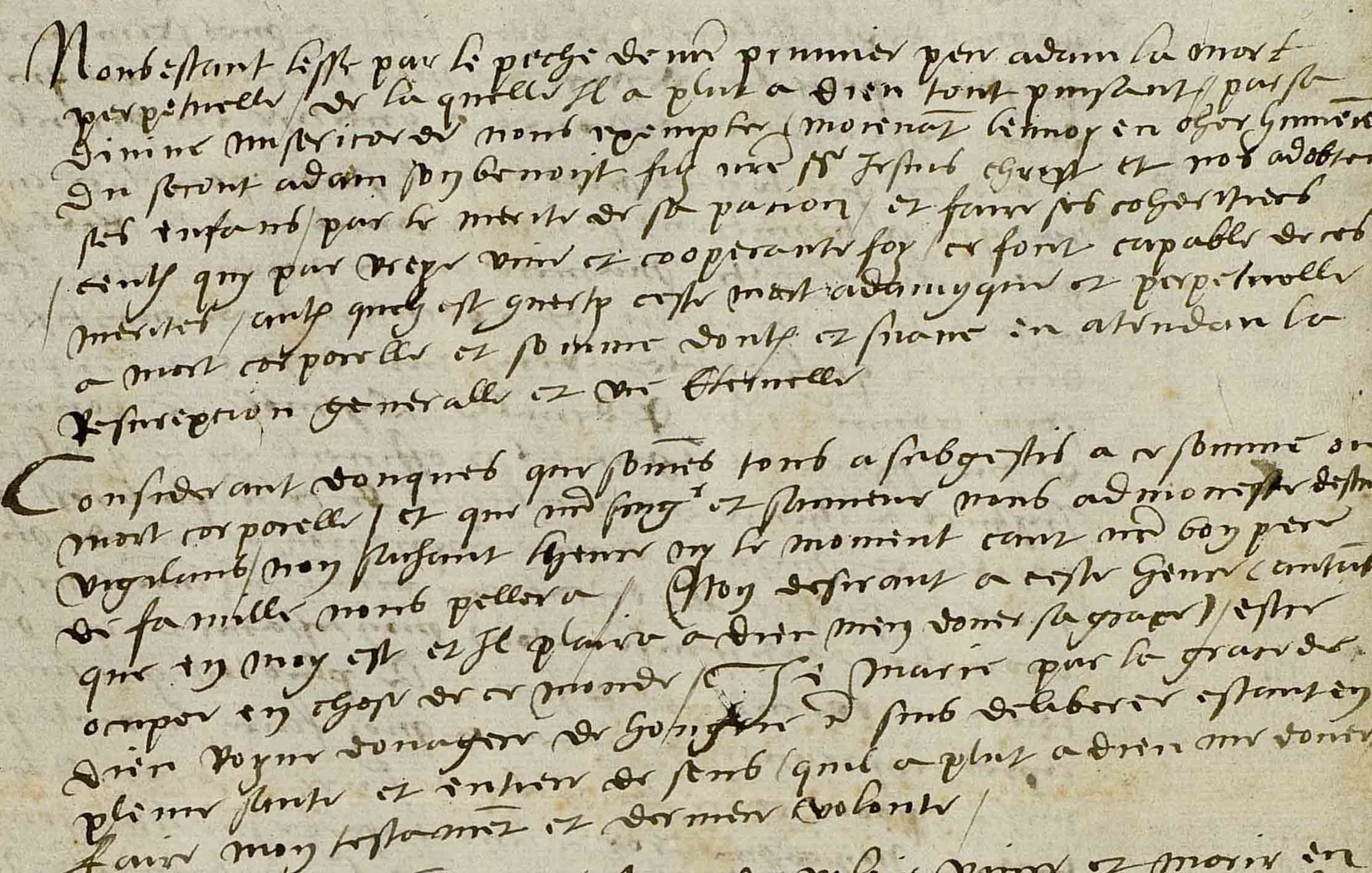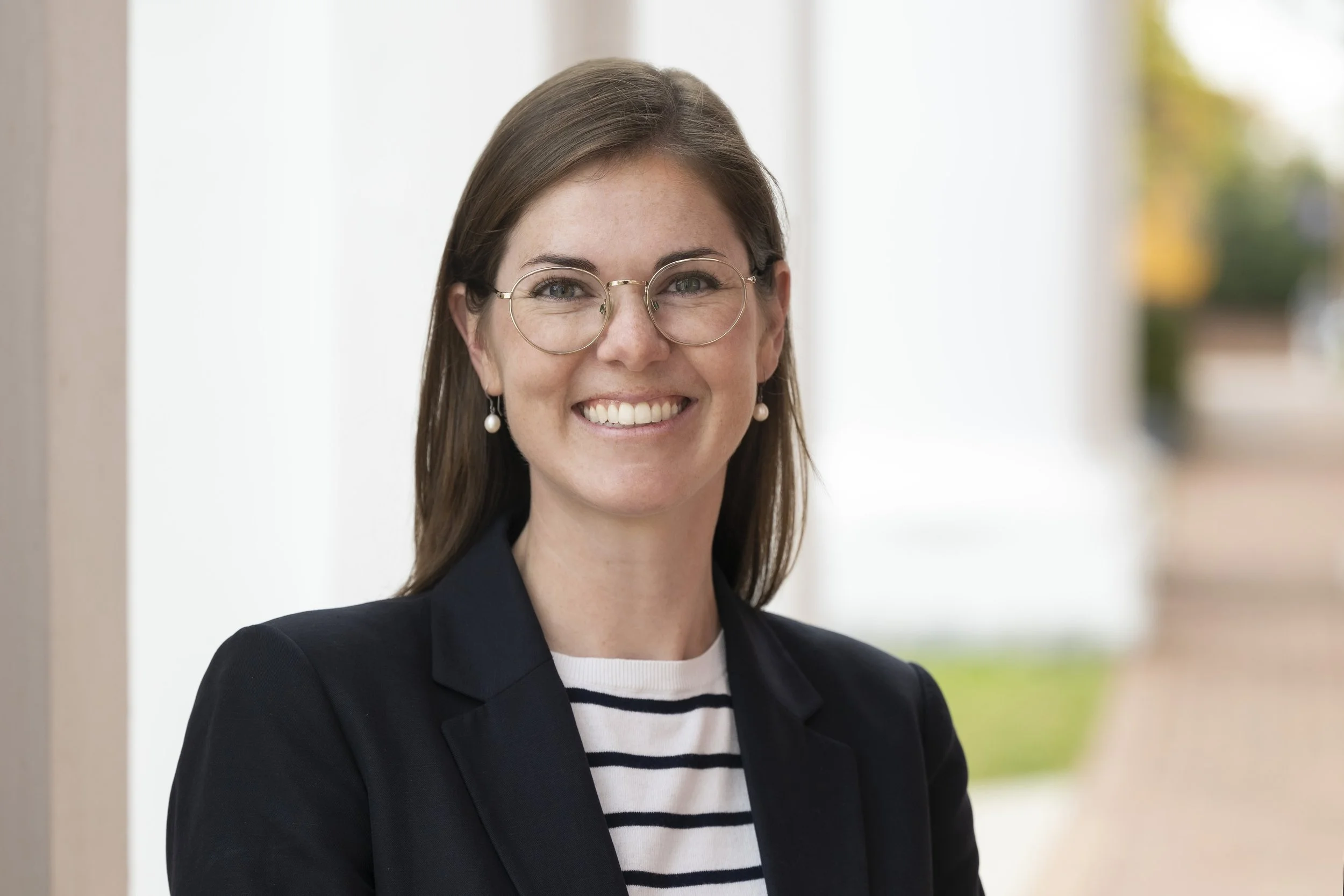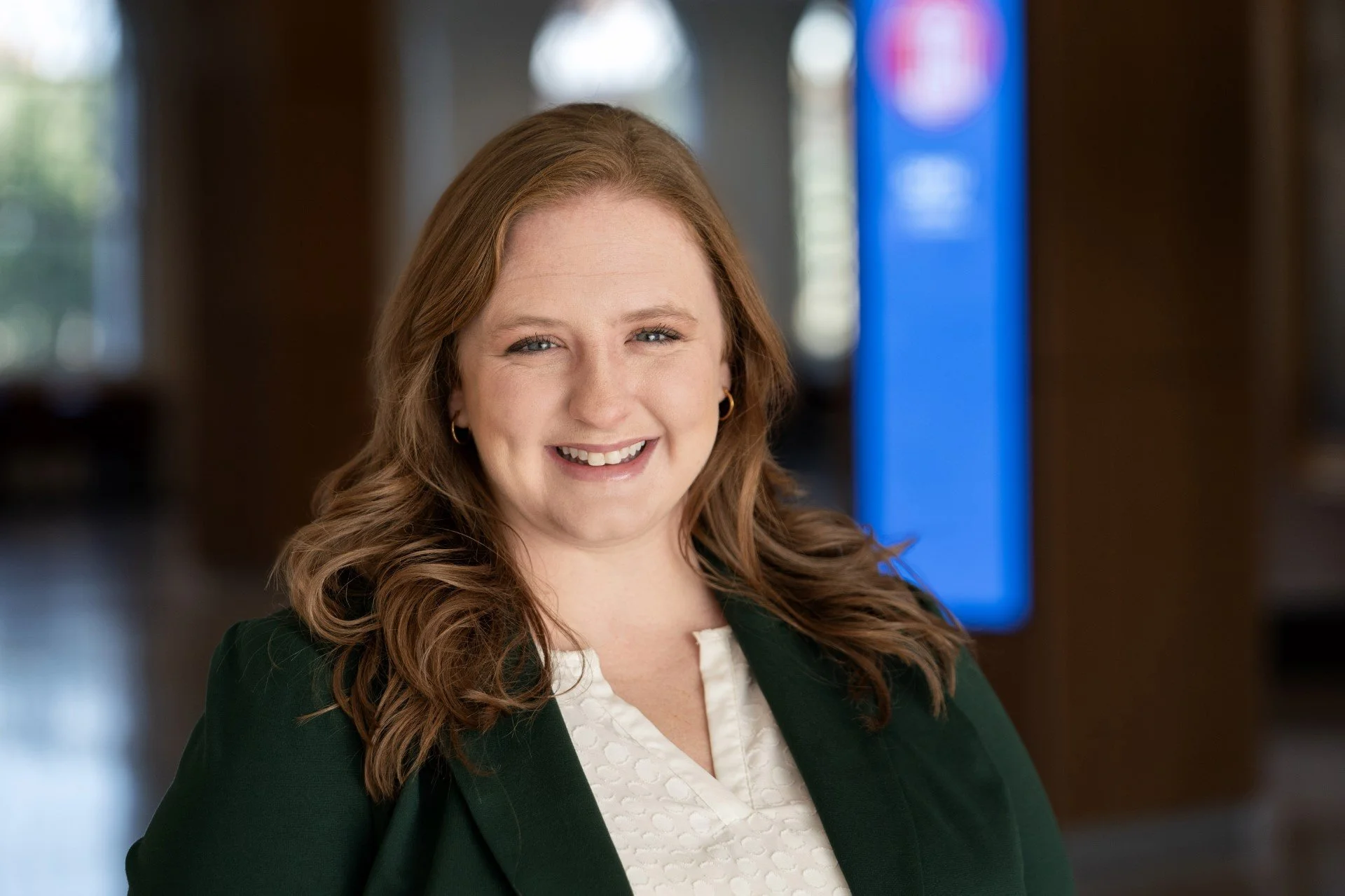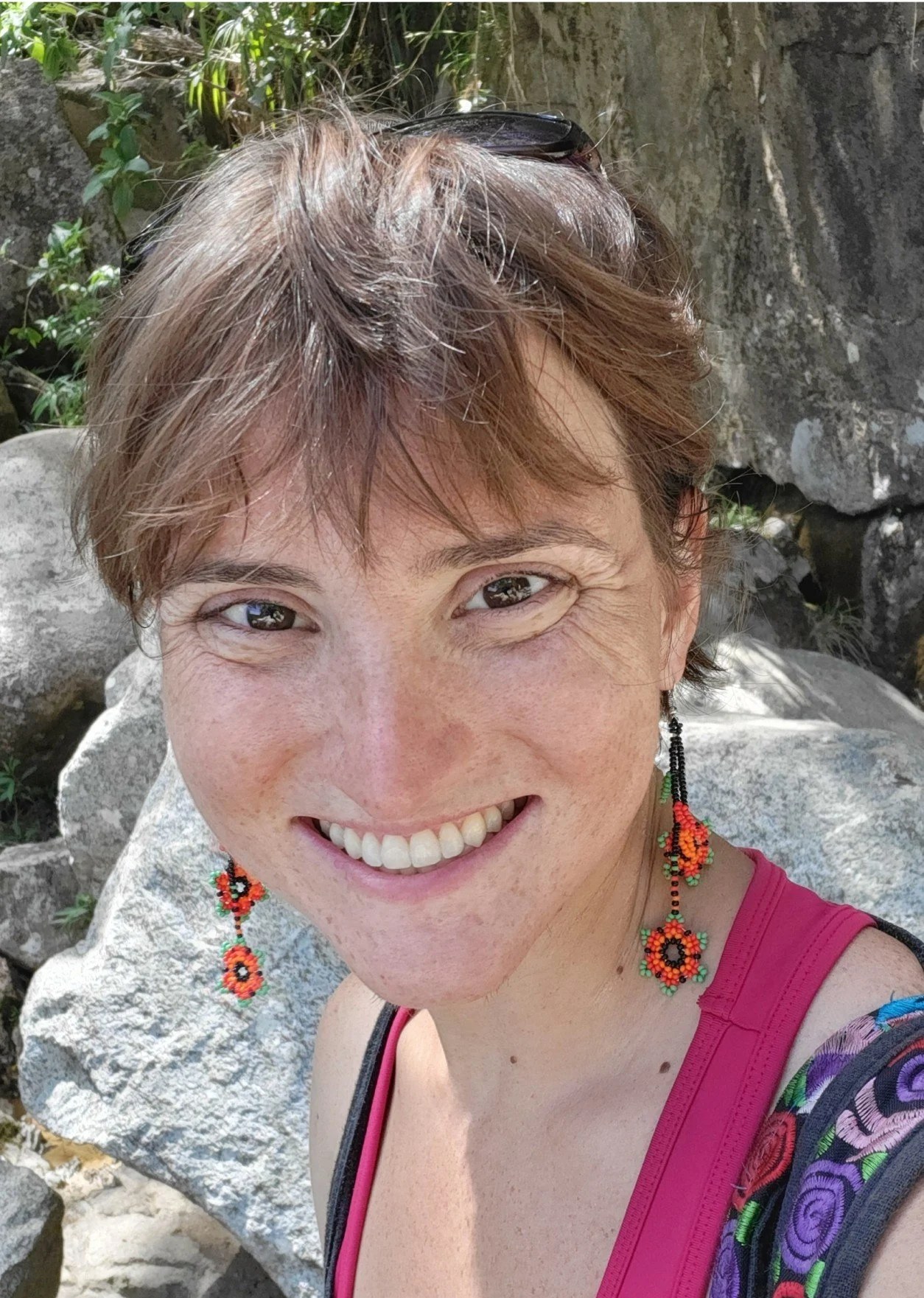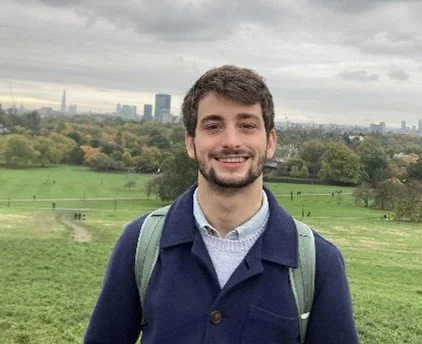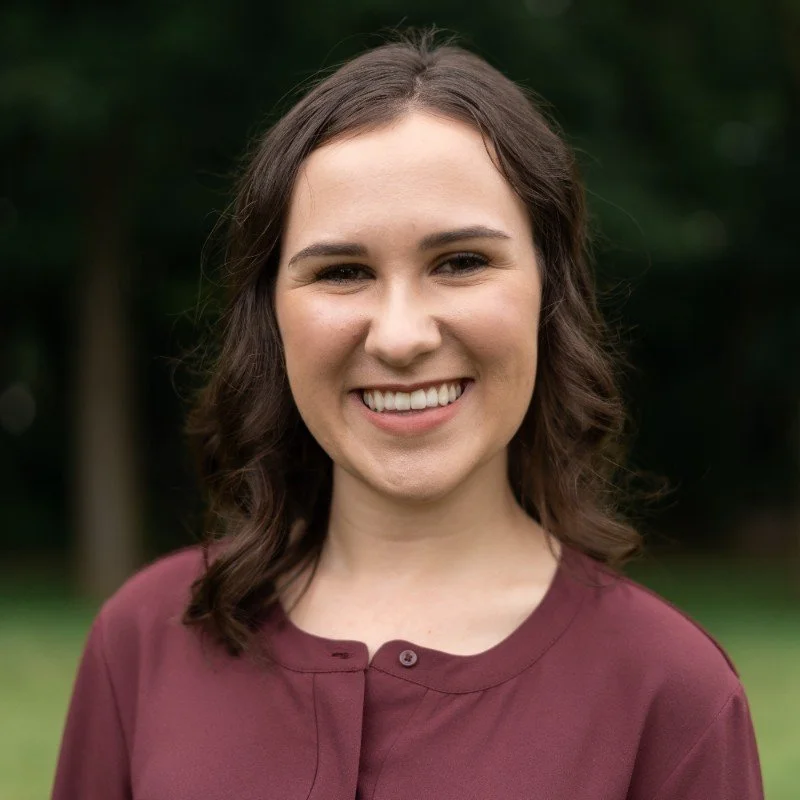“The Archivo General de Simancas: An Introduction”
Mediterranean Studies Summer Skills Seminar
14—17 July 2025 • Remote
The Summer Skills Seminar, “The Archivo General de Simancas: An Introduction” will be held via Zoom from Monday, 14 July to Thursday, 17 July 2025 from 10am to noon and 1pm to 3pm MDT.
Course overview
Since 1540, the Archivo General de Simancas (AGS) has kept the memory of the Spanish Monarchy in a medieval castle near the city of Valladolid. The documents comprise more than 13 kilometers of files ranging from the fifteenth to the nineteenth centuries, with more systematic holdings from the sixteenth and seventeenth centuries. As an administrative archive of the Monarchy, the AGS is organized according to the councils and institutions of the Spanish dynasties. Among many other topics, this collection includes detailed diplomatic negotiations with European powers, the administration of Spanish, Portuguese, Italian, and Dutch territories, the management of war and the royal treasury, as well as maps and plans as the Spanish Monarchy became the first global empire. Although most of the documentation relating to the Americas and the Pacific is located in the General Archives of the Indies (Seville), the AGS almost monopolizes the collections devoted to Europe and the Mediterranean and the Islamicate world, from Morocco to Persia.
The seminar combines several approaches and skills:
1) Understanding the institutional logic of the Spanish Monarchy to learn what was documented and how and where it was organized.
2) Identifying the typology of the documents and their standardized sections and contents.
3) Introducing early modern Spanish paleography with special emphasis on abbreviations, dates, numbers, places, and names.
Faculty
The course will be conducted by Prof. Rubén González Cuerva (Early Modern History, Spanish National Research Council). A graduate of the Autonomous University of Madrid (PhD, 2010) and now a historian of early modern Euro-Mediterranean diplomacy, González Cuerva has been using the collections of the AGS since 2006, primarily for research into Habsburg intra-dynastic relations and the foreign policy of the Spanish Monarchy. His books include Baltasar de Zúñiga. Una encrucijada de la Monarquía hispana (1561-1622) (Polifemo: 2012), (with Alexander Koller) A Europe of Courts, a Europe of Factions: Political Groupings at Early Modern Centres of Power (1550 – 1700) (Brill: 2017), (with Miguel Ángel de Bunes Ibarra) Túnez 1535: voces de una campaña europea (CSIC: 2017), (with Francesco Caprioli) Reconocer al infiel: la representación en la diplomacia hispano-musulmana (siglos XVI y XVII) (Sílex: 2021), and Maria of Austria, Holy Roman Empress (1528-1603): Dynastic Networker (Routledge: 2022) and he has written 75 more chapters and articles in 6 languages. He has held the Marie Curie Fellowship and has been Leonardo Fellow.
Program
Monday, 14 July 2025
1. What’s in the castle? An introduction to the General Archives of Simancas
2. Online research: searching and reading with PARES
Tuesday, 15 July 2025
1. It’s my first day… Strategies and practices for using the archive
2. Knowing and reading the “State” section
Wednesday, 16 July 2025
1. How much is lxqclxiiiUdccxii mrs? Numbers and economics
2. Knowing and reading the “War and Marine” section
Thursday, 17 July 2025
1. What else? Administrative sections and other archives
2. Transcribing and editing original sources
Participants said:
• “This was very helpful exposure to paleography. I felt I did not have the control of early modern Spanish language and experience with paleography to keep up with some of the classmates but I still feel as though I walked away having learned much from the course.”
• “Professor Rubén González Cuerva was wonderful! The course was well organized, and Professor González Cuerva made approaching the documents fun and accessible, giving us tips to help us read the handwriting and piece together words that we might not have recognized at first look. He also clearly explained the archival system at Simancas and showed us many ways to use PARES effectively. Lastly, he offered us many resources including lists of early modern dictionaries to help us understand what we read.”
• “I was impressed by how meticulously planned out the course was. Each hour was thoughtfully prepared, and I never felt like time was 'wasted.' I thought the four days rather than five were perfect, and I didn't feel burnt out by the end of the week.”
• “The course was great!”
• “I found Professor Rubén extremely knowledgeable and eager to make the course relevant for the students in the course. He went above and beyond to answer absolutely every question students had and never made us feel silly when we needed a review or a slowing down of the content. He did a great job keeping us engaged across the 16 hours. I hope to cross paths with him in person in the future!”
• “Ruben was a great instructor, who is very experienced and well educated on the subject. Also he was superb in his way of teaching the course! Overall a great learning experience and great materials to help through future projects! Thank you very much!
Participants:
Roberto Carrodeguas
My name is Roberto Carrodeguas, and I am an adjunct lecturer at Miami Dade College. I received my bachelor's and master’s degrees from Florida International University. I have been involved in numerous internships during my time at FIU such as my role in a research project titled, “Memory and History: Transforming the Narrative of the Spanish Civil War and Francoist Dictatorship. ” My main area of interest centers around medieval and early modern Spain, with a particular emphasis on the cross-cultural and political interactions between Spain and their American colonies as well as ideas of regional and national identities within Spain.
Anna Carson (Romance Studies: Duke University)
Anna-Paden Carson is a rising fifth-year PhD candidate in Romance Studies at Duke University specializing in Hispanic and Latin American Literatures and Cultures. Her research examines contrasting perceptions of the natural world and its potentially destructive forces among different stakeholders in the early modern Viceroyalty of Peru. Her dissertation, tentatively titled Contested Landscapes: Nature, Knowledge, and Authority in Colonial Peru, explores how nature became a site of negotiation and contestation among these groups, offering deeper insights into the dynamics of coloniality in the region.
Carson graduated summa cum laude from Washington and Lee University in 2016 with a BA in Spanish and a minor in Poverty Studies. In pursuit of this degree, she published her capstone titled "Justice for Noncitizens: A Case for Reforming the Immigration Legal System" (2017) where she argued that the immigration legal system should be relocated to the judicial branch in order to best uphold the ideals set forth by the U.S. Constitution. She then served as a Fulbright English Teaching Assistant in Tunja, Colombia and went on to cultivate her passion for teaching by completing Teach for America in Nashville, Tennessee and earning a MA in Teaching. Carson taught in secondary education for five years before returning to the classroom as a Davis Fellow for Peace in the Middlebury Spanish Language School and embarking on the pursuit of her doctorate the following fall.
Laura Martin (Art History: Southern Methodist University)
Laura Martin is a Ph.D. student in Art History at SMU, studying the art of the early modern Hispanic world. She received her master’s degree in art history at SMU in 2023, and before that worked as a secondary history teacher. Martin's research interests center on religious art in Spain and Latin America. Her work investigates how early modern conceptions of gender and sexuality impacted faith and how those ideas translated into visual rhetoric. She will finalize her dissertation project this fall.
Pheonix Paz (History: CUNY Graduate Center)
Phoenix Paz is a 4th-year student in the PhD Program in History at the CUNY Graduate Center in New York City. Her research interests include gold production, trade, infrastructure, and natural history exploration in 18th-century Nueva Granada (today Colombia). Currently, Phoenix is preparing for her oral examinations and her dissertation prospectus. This summer, she is conducting research at the Archivo General de Indias in Seville and the National Archives in London. Prior to beginning her doctoral studies, Phoenix completed a master’s program in Peace and Conflict at the Universidad de Medellín in Colombia in 2020 and a master’s in Migration Studies at the University of Oxford in 2013. She graduated magna cum laude from Cornell University in 2012 with a BA in History and Spanish
Ludovico Picciotto (Political Theory: Georgetown University)
I am a PhD candidate in Political Theory at Georgetown University and my research lies at the intersection between the history of economic thought, economic history and political theory. I am generally interested in the evolution of financial and monetary institutions, from the late Middle Ages, through the early modern period, and up to date. My current research is set in the latter half of the 16th century, a time in which the inflationary waves plaguing Europe sparked widespread debates across the continent on the nature and proper use of money. I earned a BSc in International Relations from the London School of Economics, graduating top of my class, and a dual MA/MSc in International and World History at Columbia University and the London School of Economics.
Ignacio Pol Riestra (LMU Munich)
I am currently completing my university degree in education for secondary schools (Gymnasium) a LMU Munich, with a focus on History, English, and German. I expect to complete the Staatsexamen (state examination) within the next year.Alongside my studies, I work as a student assistant on project B03 within the Sonderforschungsbereich (SFB) 1369 "Vigilanzkulturen", where we investigate phenomena of vigilance in early modern Madrid. My primary role involves transcribing early modern Spanish texts, particularly historical legal documents. In my academic coursework, I have mainly focused on Central European history, which complements my research interests in early modern cultural and legal history.
Morgan Schneider (Spanish: University of Tennessee-Knoxville)
Morgan Schneider is a Ph.D. student in Spanish at the University of Tennessee-Knoxville in the department of World Languages and Cultures. Morgan’s research interests are Hispanic literature and transatlantic approaches to the early modern period, including representations of magic and the occult through theatrical performance of varying genres. Her working dissertation title is “Imperial Devils: Representing the Diabolical in the Early Modern Hispanic Transatlantic”, in which she explores various representations of devils, demons, and other diabolical figures in the cultural production of the Hispanic transatlantic world using a range of literary genres and performances practices from the 16th-18th centuries.
Publications
• Schneider, Morgan L. (2021). “Reyita y Reyita: Sus contradicciones narrativas y trasfondos afrocubanos.” Spanish and Portuguese Review, vol. 7, pg. 69-76.
• M.A. Thesis - Schneider, Morgan, “Voicing Narrative Through Transatlanticism and Transformation in Historia de la Monja Alférez by Catalina de Erauso.” Master’s Thesis, University of Tennessee, 2022. https://trace.tennessee.edu/utk_gradthes/6435
Núria Silleras-Fernandez (Spanish & Portuguese: University of Colorado Boulder)
Núria Silleras-Fernández is a Professor at the Department of Spanish and Portuguese at the University of Colorado-Boulder and affiliated faculty in the Humanities Program. Her research focuses on cultural and intellectual history, gender, and literature in Medieval and Early Modern Iberia, Europe, and the Mediterranean. She is the author of three scholarly monographs, Power, Piety, and Patronage in Late Medieval Queenship: Maria de Luna (Palgrave: 2008 and in Spanish CSIC: 2012); Chariots of Ladies: Francesc Eiximenis and the Court Culture of Medieval and Early Modern Iberia (Cornell University Press: 2015), and The Politics of Emotion: Love, Grief, and Madness in Medieval and Early Modern Iberia (Cornell University Press: 2024). She is currently working on two book projects; one relates to gender, sexuality, marriage, and emotions, and the other one to cultural capitals, exchange, polyglossia, patronage, translation, and gender.
Ella Ward
I am a third year PhD student at Saint Louis University, studying early modern European history with a geographic focus on Spain and France, working under the guidance of Dr. Jennifer Popiel. I am interested in the intersection of religious and intellectual history with material culture. More specifically, I study the Discalced Carmelite reform movement and the transmission of Teresian spirituality beyond Spain into France through the companions and spiritual successors of Teresa of Avila. Through my research, I intend to evaluate the religious, cultural, and social factors that challenged the movement’s ability to take root in the convents of France. Furthermore, I hope to explore the ways in which reformed Carmelite spirituality engaged the senses and encouraged embodied practices and devotions while simultaneously rejecting the physical world in favor of the spiritual. Previously, I received an M.A. in Catholic Studies and a B.A. in history and Spanish from Franciscan University in Steubenville, Ohio.

